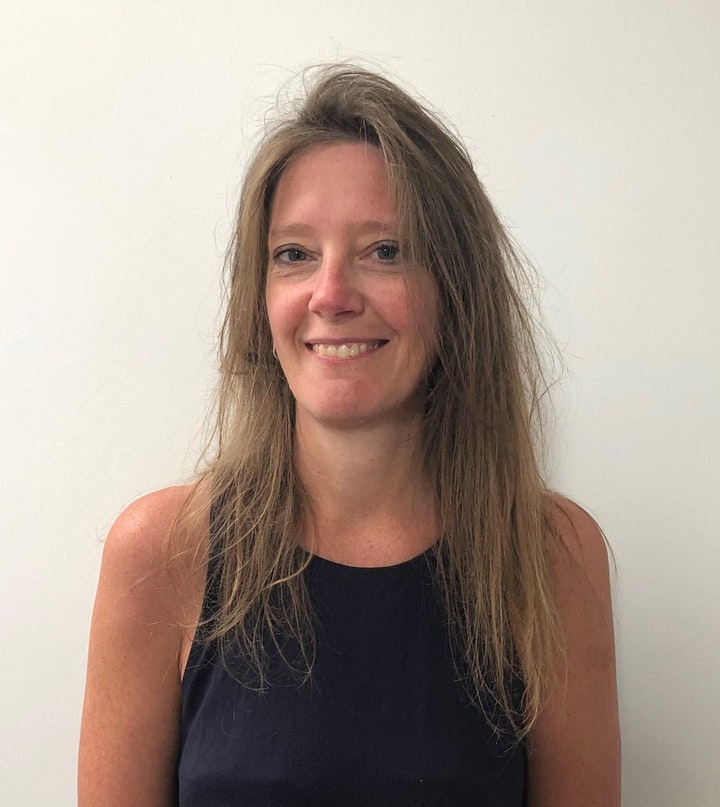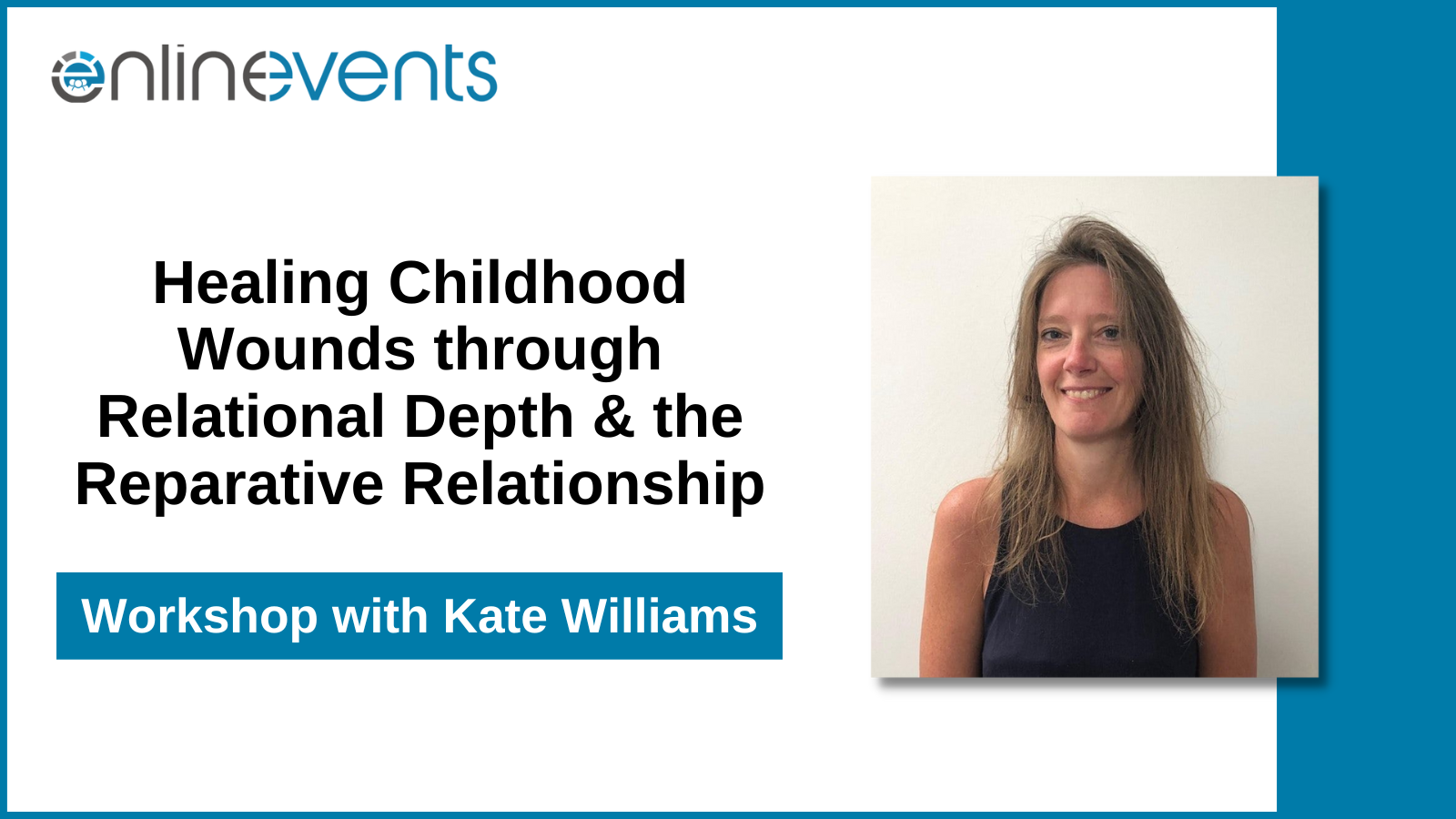When a client enters therapy, they come along with their entire personal history and ancestry. Early wounding isn’t always immediately apparent but we may start to sense this with how close or distant our client is with us, how much they allow us in and how they start to protect themselves when the therapeutic work moves towards their wounding.
The Reparative relationship is one of the five Therapeutic Relationships, according to Petruska Clarkson’s 5 therapeutic relationship model. To the degree in which the therapist can be present, open and attuned to their client is to the same degree reparation can occur for the client through the therapeutic encounter; healing childhood wounds and meeting unmet relational needs.
In this workshop we’ll explore the therapeutic relationship through the lens of relational depth theory, object relations & the neuroscience of attachment.
Learning Objective Participants Can Expect From This Event
- How relational depth provides the components of ‘what was missing’ in a child’s early life
- The neuroscience of attachment and how the secure base of the therapist can be healing and transformative
- How object relations theory informs our role as therapist
How May This Workshop Impact Your Practice?
- To support practitioners to trust in the process of the relationship by understanding how the qualities of the relationship promote healing from childhood wounds
Course Content
Presenter

Kate Williams has been in therapeutic practice since 2009 with a background in counselling in further education. She currently runs a busy private practice, works with NHS clients and enjoys running workshops for onlinevents and staff wellbeing workshops for NHS Hull & Humberside.
Kate is centre manager for the Bedfordshire Centre for Therapeutic Studies where she teaches on the CPCAB L5 in Somatic Trauma Therapy course & L2 Award in Breathwork Coaching as well as the Level 4 in Therapeutic Counselling.
Kate has a passion for bringing the body into her practice supporting clients to release the trauma that is held within their bodies. Kate is know for her relaxed teaching style, experiential somatic practices and skill of bringing theory to life and making it applicable.


